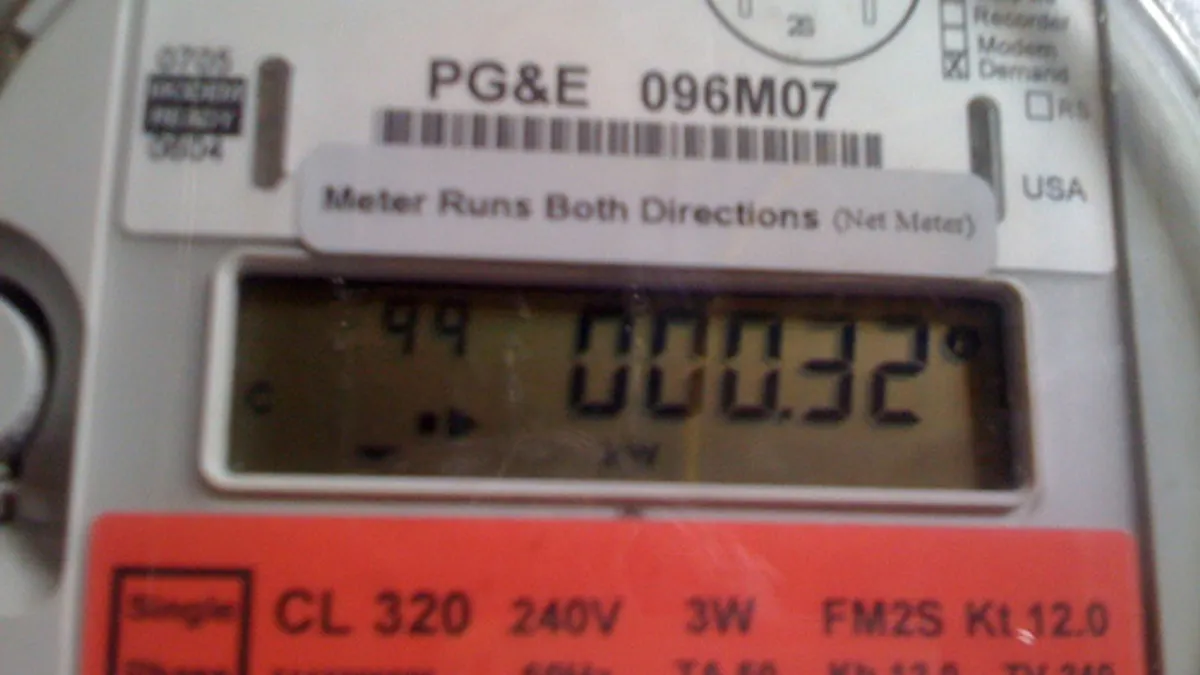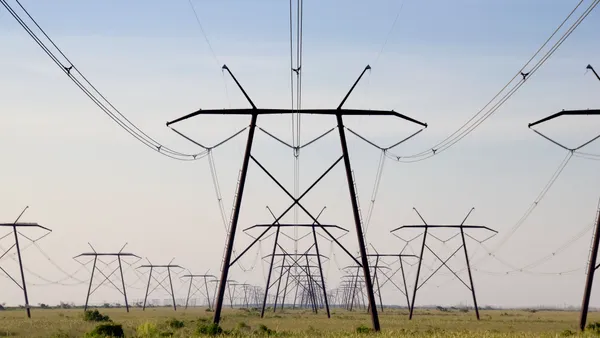The case for smart metering is not as easy as advocates might like, but an analysis by eMeter that looked at 30 cases concluded there was an average benefit-to-cost ratio of 1.8.
Chris King of eMeter, who did the calculations, says that is strong evidence because, “Utility regulators tend to put investments in newer technologies such as smart meters (or advanced metering infrastructure) under a microscope – even though they pay relatively little attention to ongoing investments such as substations and transformers.”
For background, King lists the costs and benefits that go into the calculus.
Costs:
- Up-front (capital) expenses
- Ongoing costs
Benefits:
- Reduced utility customer service costs
- Additional utility efficiencies
- Customer benefits
King notes, “Sometimes utility benefits completely offset the costs , though in most cases some customer benefits are needed to make the overall business case positive.”













